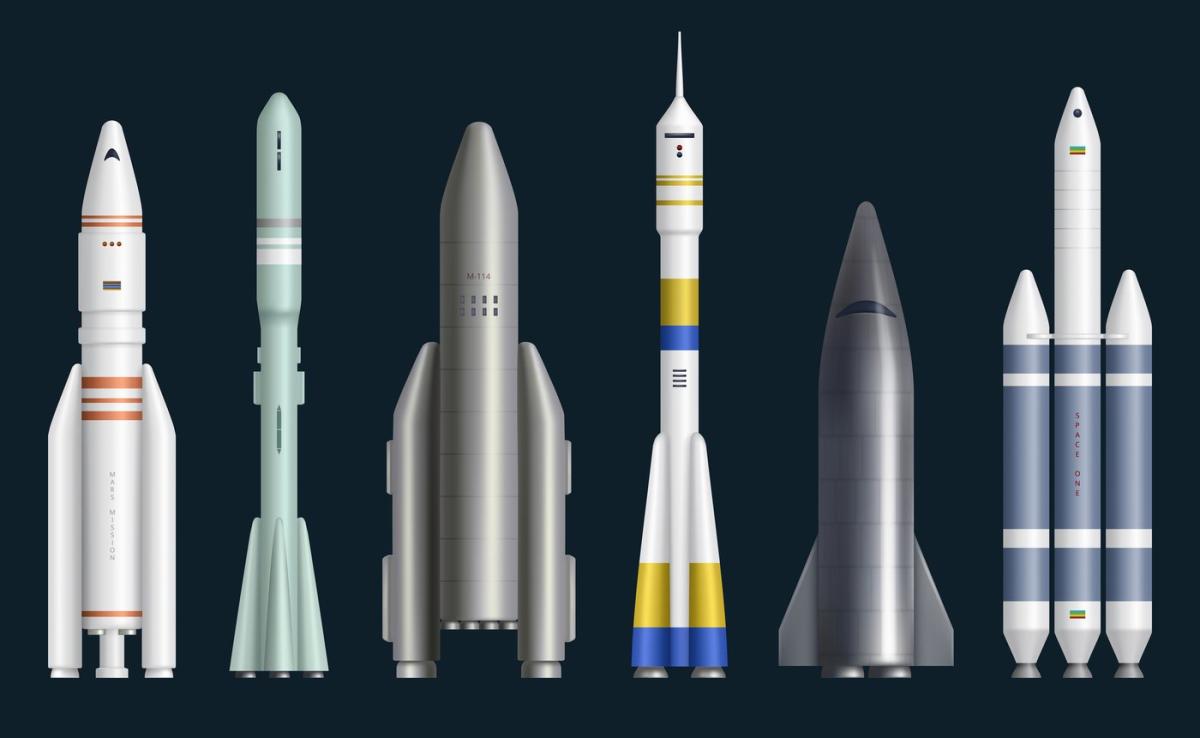In some ways, 2024 was a great year for space investors.
With 138 combined Falcon 9, Falcon Heavy, and Starship launches, SpaceX launched more rockets last year than all the rest of the world combined. That made 2024 a pretty terrific year for SpaceX. But for the rest of the space industry… not so much.
In a series of space investing disasters, 2024 saw:
The destruction of Astra Space as a public company when, after scoring only two successful launches out of seven attempts and narrowly avoiding bankruptcy, the one-time billion-dollar company sold itself to its founders for just $0.50 per share.
ABL Space Systems abandon its dream of becoming a space launch company — and helping launch communications satellites into orbit — and announce plans to become a missile defense contractor for the Pentagon instead.
The private market valuation of Relativity Space — once a dark horse darling of space investors — roll into reverse at the same time as it’s been forced to abandon one rocket design and switch to a new one, which won’t be ready to fly for more than a year.
Virgin Galactic shutter its space tourism business (temporarily?) while it works to build a new spaceplane capable of resuming commercial flights in 2026.
Speaking of which, all of this comes in the wake of 2023’s very public failure of Sir Richard Branson’s other space company, Virgin Orbit, which filed for bankruptcy and was broken up for parts.
Taken as a whole, America’s space start-ups kind of resemble a train wreck right now. And yet, there are still a few railcars intact. With the Great Space Shakeout of 2024 behind us, it’s starting to become clearer which space stocks investors should pay attention to.
First in the minds of investors lately has been Rocket Lab (NASDAQ: RKLB), the company that bought Virgin Orbit’s California manufacturing facility out of bankruptcy for a mere $16.1 million, and made it Rocket Lab’s own U.S. headquarters.
One monster contract win from the U.S. Space Force, an accelerating cadence of rocket launches, plus the prospect of a brand new rocket arriving in 2025 helped push up Rocket Lab’s stock price fivefold in 2024. Next to SpaceX, this company is now the second most prolific rocket launcher in the U.S.
Perhaps Rocket Lab’s most surprising announcement last year, though, was that its rockets are in such high demand that it’s actually able to raise its prices. Electron rockets in Q3 sold for an average of $8.4 million each. While Rocket Lab didn’t come out and say it, it seems the thinning out of competition from other small launchers — Virgin Orbit, Astra, and ABL — is giving Rocket Lab pricing power in this market.
Story Continues
